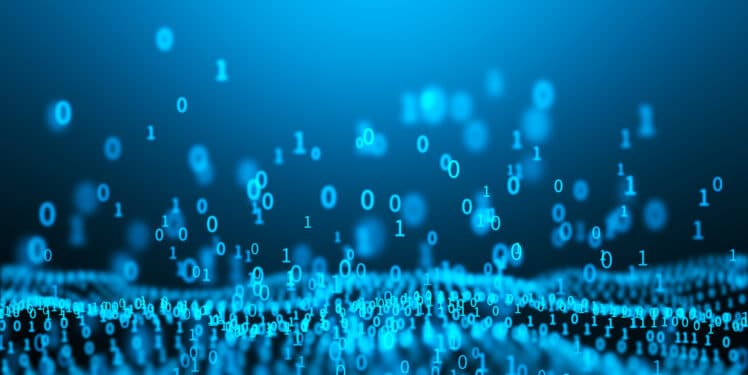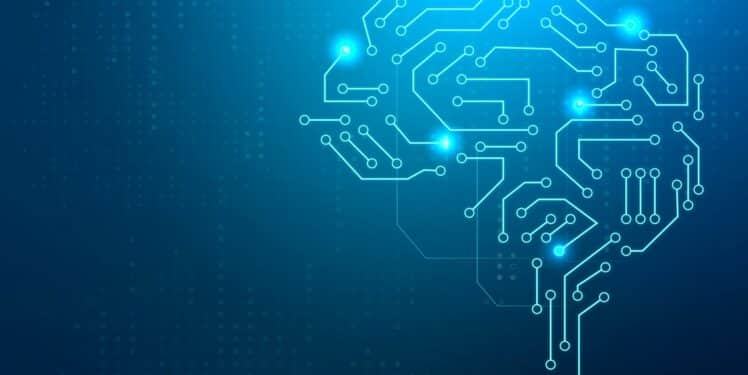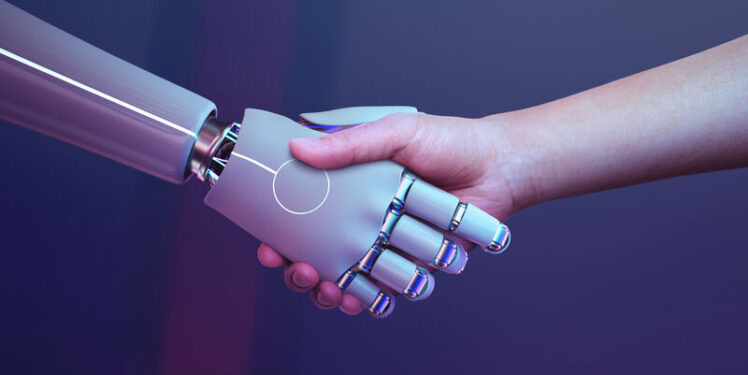Agentic AI – Multi-Agenten-Systeme im Zeitalter generativer KI
Der Hype um generative KI ist enorm, aber die wahre Transformation beginnt, wenn diese Modelle lernen, autonom zu agieren und miteinander zu kommunizieren. Genau hier setzt der Trend Agentic AI ein, der die Grenzen dessen verschiebt, was autonome, agentenbasierte KI…









